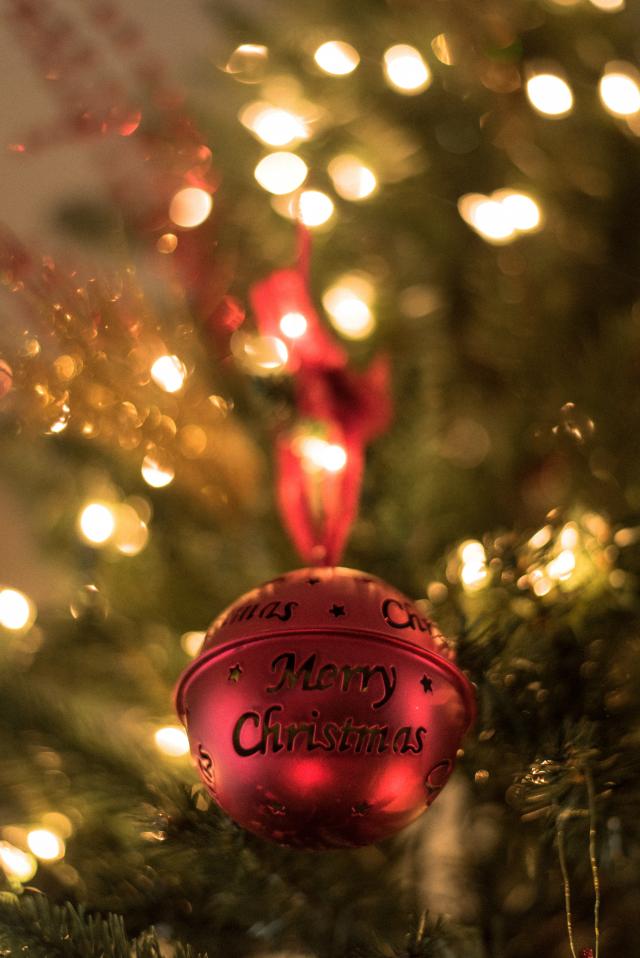By Bob Wilson
It falls to me on Christmas Eve to go light and fluffy and delve into the best festive music, although this year I’ll be focusing more on ancient songs of celebration.
As the ABC’s Kath Feeney asked in a special report last Wednesday is there a difference between a Christmas carol and a Christmas hymn, and is a Christmassy song by a pop singer the same thing?
Interesting topic and a chance for Feeney to roll out one of the few Australian carols – Carol of the Birds, sometimes known as Orana.
“Out on the plains the brolgas are dancing, lifting their feet like war horses prancing…”
There are other Australian carols – Three Drovers, The North Wind, The Silver Stars and Our Christmas Song.
You may note I sketched around dross like Deck the Shed with bits of Wattle. We aim for quality here. Some of the Christmas songs mentioned here are not, strictly speaking, carols. The best-known Australian carols were written by John Wheeler and William G James, which fits well with my personal theory that some of the best songs ever were written by two people (music/lyrics).
Three Drovers is not as well-known as Orana or the Silver Stars, but it piqued Paul Kelly’s interest enough to include it on his newly released Christmas Train album. As a PK fan of long standing (right back to the Dots), this one left me a little flat.
It represents an eclectic collection of songs with a Christmas theme and another opportunity for Paul to include his big hit, How to Make Gravy.
Kelly sings Silent Night – a traditional carol that has been sung by some of the greats – in a sleepy fashion, adding nothing new, except a verse in German, which so many choirs do.
I’m approaching this topic from the perspective of being part of a community choir which performs carols and tries to stay away from the hackneyed. Yes, we do We wish you a Merry Christmas, but that’s because we all like figgy pudding.
The reasoning behind finding Australian carols is that so many of the popular ones originate from Europe and speak of snow and stars in the east, not to mention holly, ivy, reindeer and other things found mostly in the northern hemisphere.
Andrew Scholl, a regular guest on Kath Feeney’s show called out Carol of the Birds, saying “it’s not a carol because it doesn’t mention Christ.”
The required definition of a carol is to mention both Christmas and the birth of Jesus, Scholl says. Another guest, Father Daniel Hobbs, says carols and hymns are interchangeable, although the latter are an act of worship.
As for the distinction between a carol and a Christmas song, a caller rang in to say that her family is religious, “but we still sing Jingle Bells.”
This was an obvious retort to Feeney playing about 20 seconds of Michael Buble’s version of Jingle Bells. Father Hobbs said the song was written in 1857 and is a song about the seasons. He added it was the first Christmas song to be broadcast to earth from space. I suppose parish priests need to know things like that.
Recently our choir, East Street Singers, performed Pachelbel’s Canon/The First Noel at St Mark’s Anglican Church in Warwick. People who have not heard this before commonly express joy and surprise at hearing this famous piece by German composer Johann Pachelbel melding with another familiar piece. The First Nowell (also known as The First Noel), is a traditional English Christmas carol with Cornish origins. Like many old English songs, it is listed as a folk song, along with the likes of I Saw Three Ships.
The next carol played on Feeney’s programme was Carol of the Bells, as performed by the Irish Chamber Orchestra.This rendition can be found on YouTube.
Then she played ‘Once in Royal David’s City’, which took me back to the Christmas morning Santa left a harmonica in my stocking. I’d turned eight a few months prior and although it is sinful to boast, I mastered that particular song by lunchtime. Mum, the piano player, explained the notion of sharps and flats when I got frustrated not finding every note for every song. Later, I bought a chromatic harmonica, which has a valve in the side that allows the player to sound sharp and flat notes; Rhapsody in Blue, not a problem.
But I digress. You might not agree with my critique of Kelly’s Christmas Train, 22 tracks performed by Kelly and a host of guest artists. At its best, it is a sincere ‘make work’ project for professional musicians who have struggled to earn a living since March 2020. He roped in his long-time backing vocalist Linda Bull to sing Christmas Baby Please Come Home, with a Phil Spector-inspired wall of sound arrangement a la Martha and the Vandellas. Linda’s got just the voice for it, but it will always sound like Love You Like a Heat Wave to me.
There are some nice moments in this though – not the least Marlon Williams’ version of O Holy Night in Maori and Kate Miller-Heidke exercising her operatic voice on the Coventry Carol. Also, the little known Intonement Hodie by Alice Keath is beautiful in Latin and the English translation is helpful.
I’m also pleased Paul saw fit to include Three Drovers, as it is often overlooked in the lexicon of Australiana. Maybe I should have another good listen over the next couple of days and give The Grinch the boot – what do you say!
Wishing all readers a happy Christmas and a hopefully healthy New Year in which we can maybe all find a better way forward.
Bob’s weekly blog Friday on My Mind can be found at www.bobwords.com.au







